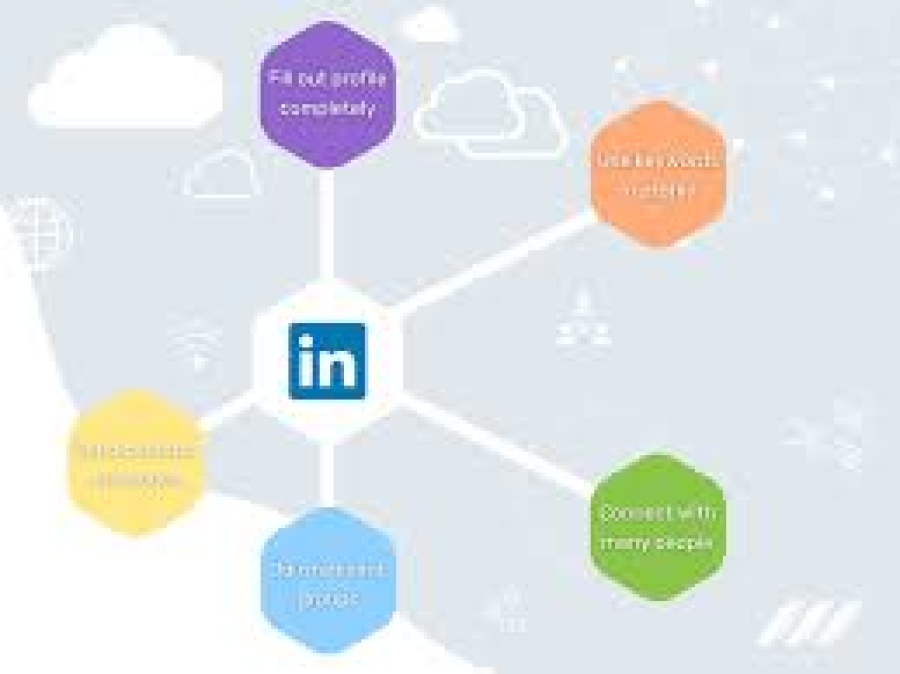The Role of Emotional Intelligence in Client Relations
In freelancing, technical skills are crucial, but emotional intelligence (EQ) plays an equally vital role in building long-term client relationships. Understanding emotions—both yours and your clients’—helps improve communication, resolve conflicts, and foster trust. At FreelancerBridge, we explore how emotional intelligence can enhance client interactions and lead to business growth.
Long Description
What is Emotional Intelligence (EQ)?
Emotional Intelligence refers to the ability to recognize, understand, and manage emotions effectively. It involves:
✅ Self-awareness – Understanding your emotions and their impact.
✅ Self-regulation – Managing emotions in a professional manner.
✅ Empathy – Recognizing and responding to clients' emotions.
✅ Social skills – Communicating effectively and handling relationships.
Why Emotional Intelligence is Essential for Freelancers
Freelancers work closely with clients from different industries and backgrounds. Strong emotional intelligence helps:
✔ Build trust and credibility – Clients prefer working with professionals who understand their needs.
✔ Improve client communication – Clear and empathetic communication prevents misunderstandings.
✔ Enhance problem-solving – Handling conflicts calmly leads to better resolutions.
✔ Increase client retention – Happy clients are more likely to offer repeat work and referrals.
How to Use Emotional Intelligence in Client Relations
1. Develop Self-Awareness
✅ Identify your emotional triggers to avoid negative reactions.
✅ Reflect on your past interactions to understand areas for improvement.
✅ Be mindful of how your tone and words affect clients.
2. Practice Active Listening
✅ Give full attention to client concerns without interrupting.
✅ Repeat or summarize their concerns to ensure understanding.
✅ Ask thoughtful questions to clarify expectations.
3. Maintain Professionalism Under Pressure
✅ Stay calm when clients are demanding or difficult.
✅ Avoid responding emotionally to negative feedback.
✅ Focus on solutions rather than conflicts.
4. Show Empathy Towards Clients
✅ Understand their challenges and offer support.
✅ Be flexible when possible, especially with deadlines or revisions.
✅ Validate their concerns and provide reassurance.
5. Improve Communication Skills
✅ Use clear and concise language in emails and messages.
✅ Set realistic expectations to avoid misunderstandings.
✅ Keep clients updated on project progress.
6. Handle Feedback Gracefully
✅ Accept constructive criticism without taking it personally.
✅ Use feedback to improve your work and client experience.
✅ Show appreciation when clients provide input.
7. Manage Expectations and Boundaries
✅ Clearly define project scope and deadlines from the start.
✅ Politely push back on unreasonable demands.
✅ Establish work hours to maintain work-life balance.
8. Resolve Conflicts Effectively
✅ Address issues professionally without assigning blame.
✅ Offer solutions and compromises when disputes arise.
✅ Learn from conflicts to improve future interactions.
9. Build Long-Term Client Relationships
✅ Follow up after project completion to ensure satisfaction.
✅ Express gratitude through personalized messages.
✅ Offer continued support or special discounts for repeat clients.
10. Use Emotional Intelligence to Grow Your Freelance Business
✔ Build a reputation as a trustworthy and professional freelancer.
✔ Strengthen client loyalty and secure long-term projects.
✔ Develop negotiation skills to secure better contracts.
Final Thoughts
Mastering emotional intelligence can transform your freelancing career. By understanding and managing emotions effectively, you can create stronger relationships, improve client satisfaction, and set yourself apart from competitors. At FreelancerBridge, we encourage freelancers to enhance their EQ skills for long-term success.


 by Emily
by Emily




